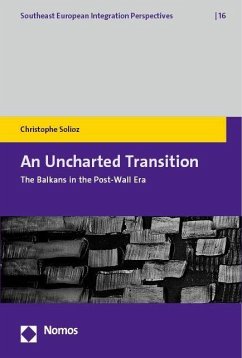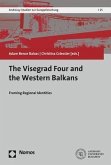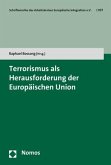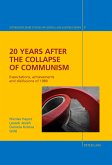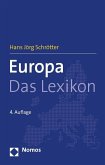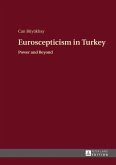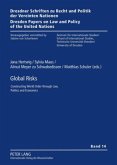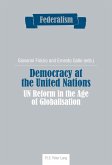An Uncharted Transition focuses on the western Balkans and east-central Europe in an integrated approach attempting to evidence the main trends in, review the variety of interacting trajectories of and offer new insights into these regions. This essay sheds new light on some key issues, such as transition, integration, democratisation, the east-west divide and the core-periphery gap. Its aim is to highlight systemic change, to acknowledge the hybridisation of structural factors and individual ones, and to identify the oscillation between formality and informality, consolidation and deconsolidation, and democratisation and de-democratisation.The author argues, first, that transition-characterised by instability, movement, alterations and ruptures-becomes the rule of any society, not exclusively that of 'transitional societies'. And, secondly, away from the sequencing theorised on in democratisation studies, transition points tentatively-beyond the post-Wall period-to a new era: anage of transition characterised by uncertainty as well as by movement that creatively empowers a society to self-constitute. Accordingly, democracy is framed as an open-ended process, 'under construction', constantly interrogating itself.An Uncharted Transition invites the reader to explore the new lands of democracy through forward-looking analyses based on a substantial number of sources in multiple languages. It presents if not a manifesto, then a wake-up call to those involved in shaping how Europe, central and eastern Europe specifically, could be in the future. Christophe Solioz was involved from the early 1990s in various citizens' initiatives in the former Yugoslavia, most notably in the Helsinki Citizens' Assembly (hCa). A founder member of the Association Bosnia and Herzegovina 2005 (2003-2005) and, later on, of the Center for European Integration Strategies (2005-2014), he was Professor of Philosophy and German literature at the Collège de Genève (2013-2022) and, in 2022, initiated the Multiplex Approach (MAP) Nomad Think Tank. He has written extensively on transition and democratisation as well as on EU integration and regionalism in south-east Europe.

